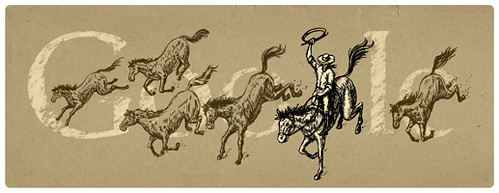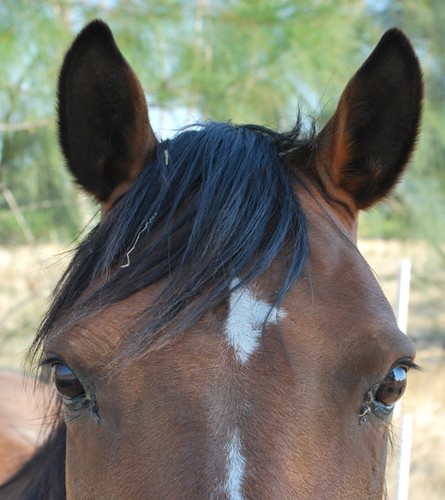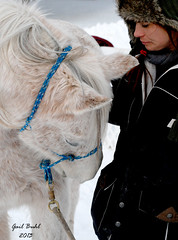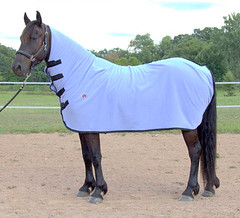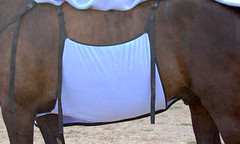This week’s letter is A (sorry, no horse jobs covered that start with Z – yet!). If you missed last week’s Friday Feature, take a look at Yearling Work.

There are many different kinds of art, but the kind I’d like to focus on in this post has the same theme: horses! However, as stated it may be portrayed via:
- drawing
- painting
- scuplting
- photography
- unique products
- and much more
Although artists will vary in what they create, if they want to be successful they will need to:
- create a quality product that is easily reproducible or distinctly unique
- promote their products
- provide ways for people to purchase easily – whether it be locally through stores or online
- produce many items
The idea of being paid to do something that you love – and perhaps from home – appeals to many. Creating equine art for sale could be a way to achieve this over time.
For some posts that relate to this topic on Equus-Blog, take a look at:
- An Innovative and Sustainable Rocking Horse
- Calling Aussies Artists
- Generating an Equine Related Income Through Writing and Photography
- Horse Toys
- Inglis Equine Art Prize 2011
- Jockey Lawn Statues
- Profile On: Angela Hook
- Profile On: Barbara Rush
- Rocking Horses
- Saddle Covers
“The delicate and exquisite horse is itself a work of art.” – Bertrand Leclair
